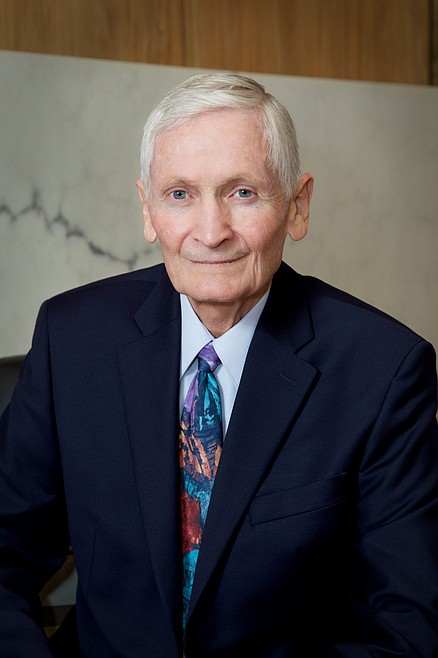Nothing is certain except death and taxes
The old saying about the certainty of death and taxes is not entirely true anymore. A talented tax lawyer can help some legislatively-favored individuals and businesses to avoid paying taxes. On the other hand, nobody has yet figured out a way to escape mortal death. But even with that certainty staring them in the face, way too many people do not plan for their own departure from the living.
According to Honoring Choices, an Idaho non-profit dedicated to advanced care planning, 85% of Idaho adults think it is very important to choose their own end-of-life treatment options, but less than half have completed an advance care directive. Unless those choices are documented for health care providers, they may well be disregarded.
As a lawyer and judge, I have witnessed too many family tragedies resulting from people who do not get around to writing a will or designating a trusted friend or relative to carry out their end-of-life decisions regarding medical care. Conflicts among survivors could easily have been averted by writing a simple will or signing an up-to-date directive for medical care.
We each have it in our power to say what medical treatment we want or do not want as we approach death, and to appoint someone to carry out those wishes when we are no longer competent. We just have to quit procrastinating and get it done.
Honoring Choices and a broad coalition of interested parties, including the Idaho Hospital Association and Idaho Department of Health and Welfare, want to remedy the problem. The coalition will seek legislative funding to help educate the public about the vital importance of end-of-life planning, assist people in making advanced care medical directives, and set up an up-to-date registry of directives that can be used by doctors and hospitals around the state.
A primary objective of the program is to increase awareness of the need for adults of all ages, not just seniors, to get their wishes documented. And to let them know the unfortunate consequences of failing to do so. A wider range of interested parties--insurers, businesses, veteran groups, to name a few--can be enlisted to spread that message and get people motivated to document their wishes in an advance care directive.
Equally important is establishing an electronic registry where directives can be filed, updated and available when and where they are needed. Having some health problems of my own in 2017, I was asked numerous times at numerous health provider offices for a health care directive. You either took in the one you did several years ago or filled out a new one. Many folks have any number of directives sitting around in provider offices, bearing different dates and often containing conflicting information--a situation ripe for confusion.
A person may currently file a directive with the Secretary of State but few do. The ones that are filed can become outdated and are hard to access. The Secretary of State supports moving the registry to Health and Welfare where it would be continually updated and made accessible by health care providers around the state (with the maker’s consent). That would help to ensure that end-of-life treatment choices are known and honored.
Advance directive forms are available on the websites of the Idaho Secretary of State and Honoring Choices Idaho:
- sos.idaho.gov/hcdr/LivingWill_DurablePowerOfAttorney.pdf
- honoringchoicesidaho.org/advance-directive/
Jim Jones is a former Idaho attorney general. His past columns can be found at JJCommonTater.com.

